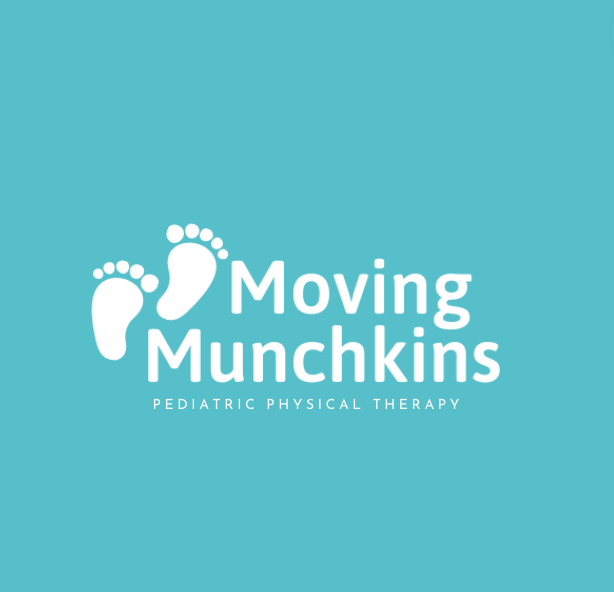Why Tummy Time is Important
Let’s take some time to discuss why babies must do tummy time. Tummy time is a foundational way for babies to develop strength in a linear, typical order. A baby must first learn to hold their head up against gravity in all positions and this begins with practice lying on their tummy. Pediatric physical therapists refer to this as gaining head control. Once your baby has developed head control, he can then begin to develop strength and movement within his shoulders, arms, legs and core. If a child does not develop head control within the first 2-3 months of life, it can negatively impact future milestones such as rolling, sitting, crawling, walking, grasping, and even eating and talking!
“But Dr. Hope, my mom said that she’s never heard of tummy time and she never did that with me when I was a baby...and I am fine! Why should I do this with my baby?”
To answer this question, let’s dive into the history of tummy time. In 1992, the American Academy of Pediatrics (AAP) began a campaign called “back to sleep, tummy to play.” This campaign was created in hopes of decreasing SIDS (sudden infant death syndrome) and it accomplished its goal. By educating new parents and directing parents to put their babies on their backs to sleep, they decreased the incidence of SIDS from 1.2 infants per 1000 births to 0.56 infants per 1000 births! However, they created other minor problems along the way: flat head syndromes (brachycephaly and plagiocephaly) and delayed movement milestones. Before this campaign, parents let their babies sleep on their tummies which gave them plenty of opportunity to strengthen their neck muscles. In other words, parents did not have to include “tummy time” in their daily routine. Now, the AAP recommends placing your baby on their back to sleep so more tummy time is needed while the baby is active and awake.
Okay, now that I have you convinced, let’s look at all the wonderful skills your baby will gain by spending time on his tummy every day!
Developing strength in the typical order: A baby’s strength is best developed from the neck down to the shoulders, then to the core and back, and finally to his arms and legs! You see, a baby needs to be strong in his neck to hold up his heavy head and he needs to be strong within his shoulder girdle to develop his fine motor skills such as grasping toys and feeding himself!
Developing sensory system: While your munchkin is lying on his tummy, he is gaining more sensory awareness. Deep pressure and body awareness are two significant benefits of tummy time and will help your munchkin with the quality of his movement.
Visual system: By lying on his tummy, your munchkin will have the opportunity to look down at his hands and begin to develop a relationship between his vision and hands; this is the very beginnings of hand eye coordination. Eventually, he will also be able to turn his head and look around the room while on his tummy. The repetition and practice of looking up at something far away then looking down at his hands imitates the coordination of visual focus used when a child is sitting at a desk in school and looking from the board to his own paper on his desk.
Vestibular system: The vestibular system is responsible for taking in information about movement and position. This system is also very important to develop as it plays a crucial role in sitting and standing balance. By placing your munchkin on his tummy, his brain is getting more information in a new position. This will help prepare your munchkin to eventually move in that position (crawling).
Avoiding flat head: An infant’s skull is very malleable throughout the first 12-14 months of life. This is to accommodate the rapid growth of the baby’s brain. When a baby spends too much time lying on his back, the constant pressure causes the skull to become excessively flat in the back and have bigger, rounder parts on the sides and forehead. Tummy time avoids unwanted changes in the baby’s skull by simply removing pressure from the back of the head.
Alright, do I have you convinced yet? Tummy time has so many benefits! Now let's get our munchkins moving… on their tummies!

